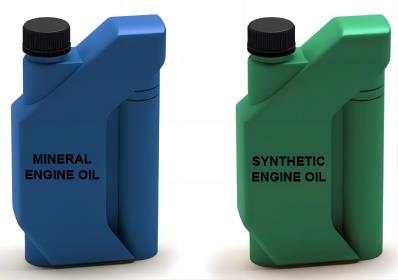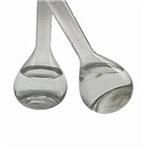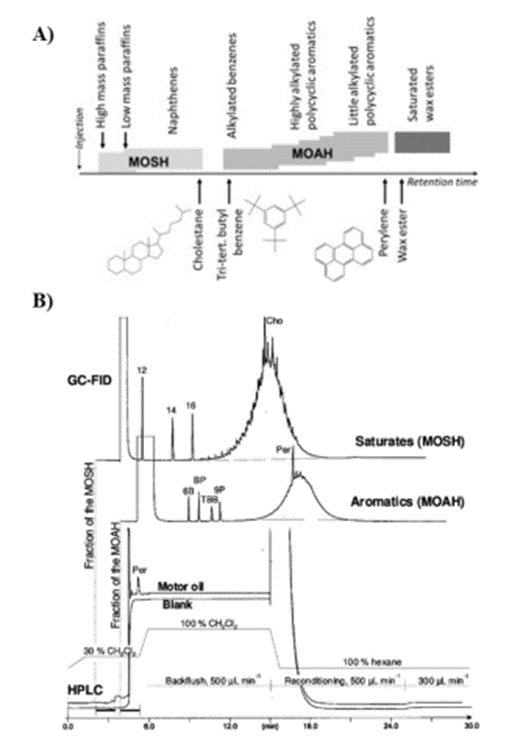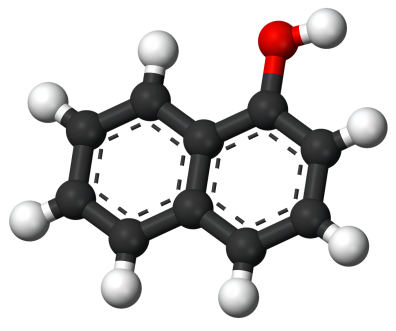Mineral oil VS Synthetic Oil
Mineral oils and synthetic oils are two main types of motor oils which are used to lubricate engine parts and decrease friction.

Mineral oils are derived from the refining of crude petroleum. During the process, natural contaminants and unwanted hydrocarbons are removed.
Synthetic oils are lubricant consisting of chemical compounds that are artificially modified or synthesised.
The Advantages and Disadvantages
Mineral oils do flow through engine circuits slower than synthetic oils, which can result in increased fuel consumption and impacted vehicle performance. Mineral oils also need to be changed more commonly than synthetic oils. However, if they are recommended by your automotive manufacturer, mineral oils can still provide superior-quality lubrication, normally more so than synthetic lubricants. Using Mineral oil on skin can be somewhat risky as it is considered comedogenic, i.e., it can clog pores and cause acne or blackheads. The higher refined mineral oil is, the fewer comedogenic it will be. But unfortunately, there is no way to understand how purified it is in any of the skincare products.
As for synthetics that are slicker than conventional oil, they allow for smoother, cooler engine operation. That means additional horsepower and better gas mileage. But in some cases, that same super-slick consistency may exacerbate existing internal or external engine leaks, resulting in blow-by and burn-off.
And if you want to understand which engine oil you should use, your owner's manual will tell you the right viscosity of oil that your engine needs. Check the oil reservoir cap on the engine also. It will occasionally tell you which oil your car requires.
You may like
Related articles And Qustion
Lastest Price from Mineral oil manufacturers

US $6.00/kg2025-04-21
- CAS:
- 8042-47-5
- Min. Order:
- 1kg
- Purity:
- 99%
- Supply Ability:
- 2000KG/Month

US $0.00-0.00/KG2025-04-15
- CAS:
- 8042-47-5
- Min. Order:
- 1KG
- Purity:
- 99%
- Supply Ability:
- 500000kg





